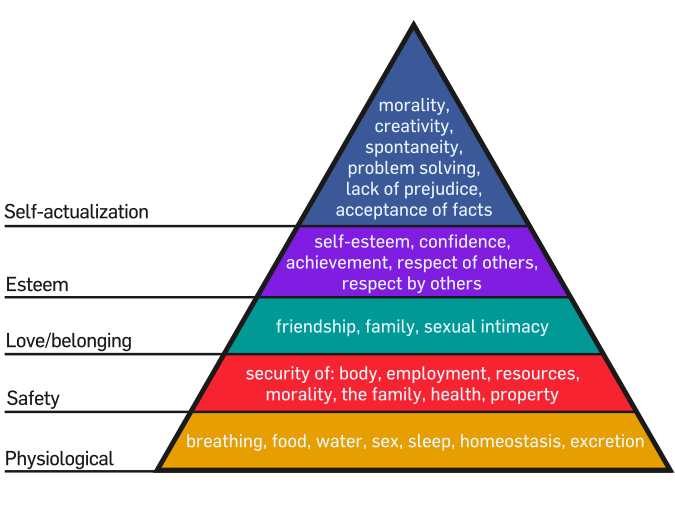Many families are single parent households raising infants and toddlers. Even though the other parent isn't in the house you still need to be on the same page regarding stability for your infant/toddler. When you are stable you are able to provide
1- consistency
2-routines
2 items that are important in their development. If you are floating around (I know sometimes it is hard to avoid) but try your best to be consistent and stable. When you have to constantly start over you confuse your child especially since their brain is still developing. How can key components of the brains neurons connect to the synapses if they don't have the opportunity to develop?
Imagine when you are not stable as an adult you are confused, just think of the impact it has on your infant/toddler. Just because they can not speak or articulate does not mean they are not affected by the changes in their environment. If you are in tune with their cues you will notice how they are affected.
Be well
1- consistency
2-routines
2 items that are important in their development. If you are floating around (I know sometimes it is hard to avoid) but try your best to be consistent and stable. When you have to constantly start over you confuse your child especially since their brain is still developing. How can key components of the brains neurons connect to the synapses if they don't have the opportunity to develop?
Imagine when you are not stable as an adult you are confused, just think of the impact it has on your infant/toddler. Just because they can not speak or articulate does not mean they are not affected by the changes in their environment. If you are in tune with their cues you will notice how they are affected.
Be well





